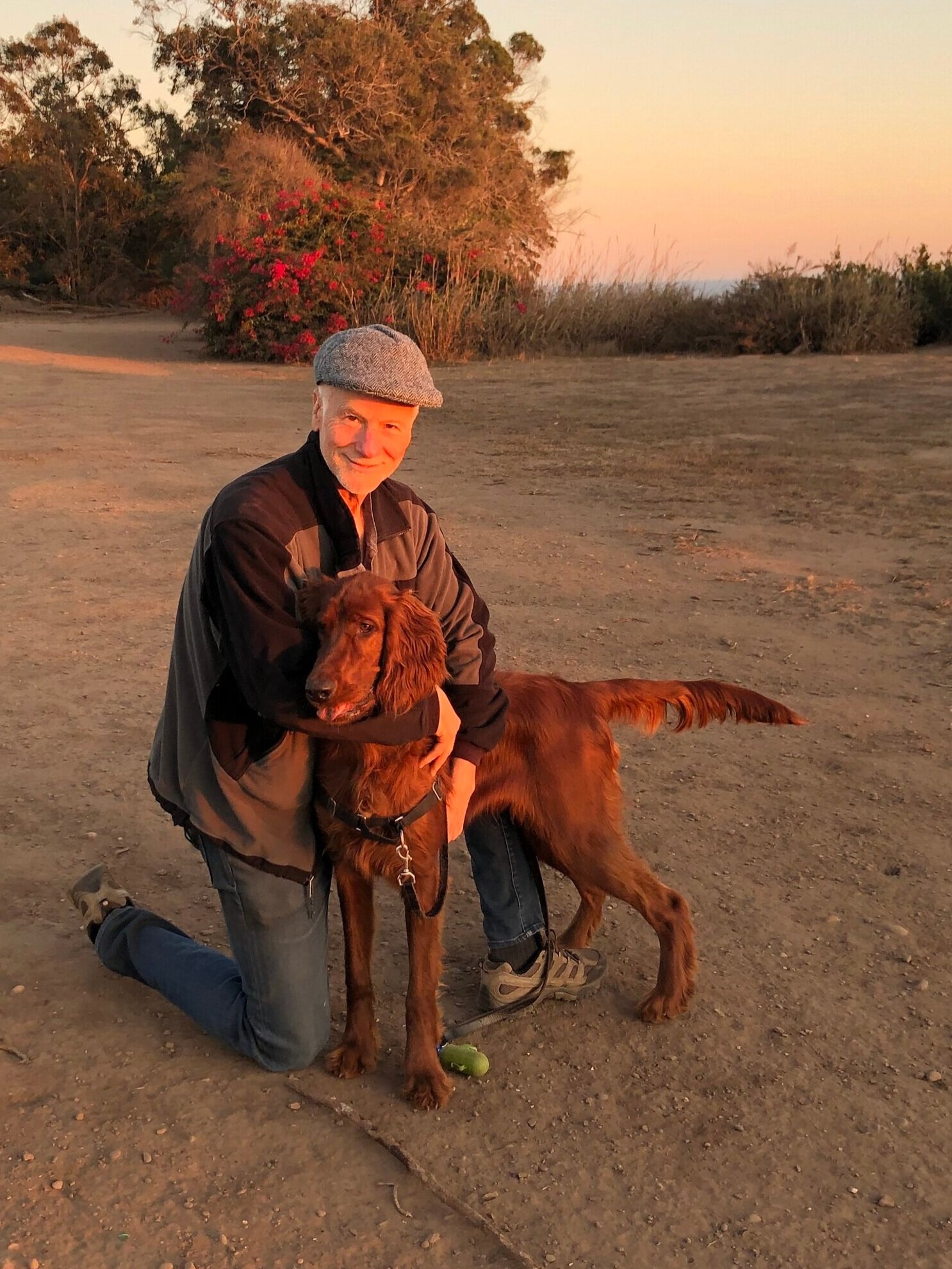On Loving Your Ex
/How do we go from the deepest professions of love and commitment toward those we value to a sense of alienation and pain, and how can we return from there?
Our deep feeling for a beloved is made up of many things: evolutionary reproductive drives, idealization and aspects that are familiar from our upbringing, especially traits related to our parents. The one thing that is not always obvious is the possibility of genuine, unconditional love without attachment.
During the course of a relationship, we often trigger each other’s wounds, and over the course of years this can end up depleting the source of goodwill and connection needed to sustain a relationship; commonly, this ends in a separation involving hurt, sadness, anger, resentment and great emotional distance.
At this point, we have a choice to make, one that will have an enormous impact on the future course of our lives, our families and our children.
We can harden our hearts, doubling down on the sense of righteous indignation and resentment, holding the other responsible for our pain, re-telling the narrative of our victimhood endlessly to ourselves and others. This is the total abdication of responsibility, and shuts down any possibility of real growth. It closes off the avenues to genuine happiness, limits our future loves and causes a deep ongoing pain in the children’s lives, as they only have two parents and need to love both of them.
Or, we can consider that this is a grand opportunity to learn about Love, Phase 2. As we release the other from our expectations, let go of the sense of who-did-what-to-whom, and let the old painful stories fade away, the way is opened to learning something about genuine, unconditional love.
This can begin with the practice of forgiveness: the simplest form is explained in the book by Jack Kornfield, “The Art of Forgiveness, Lovingkindness and Peace.” This process may be helped by the assistance of a wise therapist, one steeped in meditation practice.
We can proceed from there by building a new, present-centered relationship with the former spouse, in essence getting to know them as they are now, in current time, in a spirit of non-possessive friendship. If they are a co-parent, we can develop a very deep appreciation of them as the other parent of our children, the only person who can love them at the same level we do. This is a role of special honor in our lives. We can compare notes and share ideas and perceptions about our children’s development.
Beyond co-parenting is the recognition that there is something deeply special about this person who played such a significant role in our lives; and that, beneath any stories we had told ourselves, we still love them.
